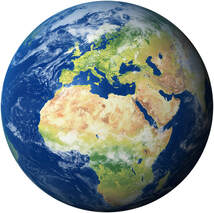 The first four months of President Biden’s administration have presented a watershed change in priorities, promising renewed emphasis on environmental protection, natural resources and land conservation, and mitigation of climate change consequences. We greet this news with renewed hope, even as evidence of the catastrophic consequences of climate change continues to mount. The Washington Post is keeping a TALLY of the administration’s environmental actions. In four months, President Biden has begun to transform the nation’s energy and environmental landscape, according to the Washington Post’s analysis, by overturning 34 of former president Donald Trump’s policies and finalizing 21 of his own, as of this writing. From pausing new oil and gas leasing on public lands and waters to rejoining the Paris climate agreement, Biden has elevated the issue of climate change across the U.S. government and signaled a shift away from fossil fuels. In April he pledged that the United States would cut its greenhouse gas emissions between 50 and 52 percent by the end of the decade compared with 2005 levels—a commitment that will trigger major changes in the ways Americans live, work, and travel. “I talked to the experts, and I see the potential for a more prosperous and equitable future. The signs are unmistakable. The science is undeniable,” Biden declared at the virtual climate summit he convened on Earth Day. “The United States isn’t waiting. We are resolving to take action.” <continued . . .>
0 Comments
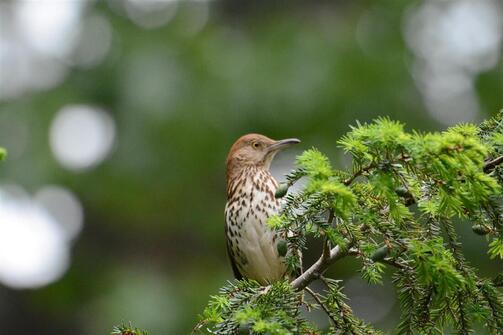 Photo by Tom Earnhardt Photo by Tom Earnhardt Southern communities can’t afford to be an after-thought when it comes to federal policy. The South is experiencing more climate impacts than any other region of the US. Rural, Southern communities are facing disproportionate impacts due to logging and wood production. Our region is also home to five of the top 10 carbon emitters in the country and is experiencing forest destruction from industrial logging at four times the rate of South American rainforests. Our survival depends on immediate and inclusive solutions. The "Southern Communities for a Green New Deal" (SC4GND) policy platform builds on the Green New Deal to center frontline communities in the South. The Dogwood Alliance worked with community leaders and other organizations to develop the forest policy part of the policy platform. The vision we created calls for:
It’s time for a new vision for the southern economy. We need a just transition to clean, renewable energy. We need to invest in a regenerative economy rooted in justice and equity. We need to work together for a healthy, strong, and resilient future. Please learn about the SC4GND policy platform: READ MORE. --Danna Smith, founder of the Dogwood Alliance
On International Women's Day, while celebrating women's achievements in conservation, the TennGreen Land Conservvancy honored its founder, Kathleen Williams, a Southern Conservation Partners Board member. Inspired by the book Greenways for America by Charles Little, Kathleen started TennGreen (first named the Tennessee Parks and Greenways Foundation) with a vision to create an interconnected greenway system (large corridors of conserved land) to protect our natural treasures, waters, and wildlife. State parks would be destinations in this network: to get Tennesseans and tourists outside to explore nature and appreciate its beauty. Kathleen's bold vision, impressive successes throughout the years, and her abiding love for Tennessee attracted kindred spirits and other fearless females. Learn more HERE.
In addition, National River Network honored Suzi Wilkins Berl with its Compton Award, on the 20th anniversary year of the award, in recognition of her lifetime work and significant contributions to protecting U.S. rivers and waters. Suzi is a Southern Conservation Partners Advisor who has dedicated her life to river conservation: her achievements span 40 years in the nonprofit conservation field. She has worked as River Network’s Southeast Coordinator (2000–2005), American River’s Director of State River Programs (1989–1994), Farmington River Watershed Association’s Executive Director (1984–1989), Connecticut Land Trust Service Bureau’s Executive Director (1980–1984), and Long Island Sound Task Force’s Executive Director (1976–1980). Suzi also served on River Network’s Board of Directors and as board chair. Learn more HERE. 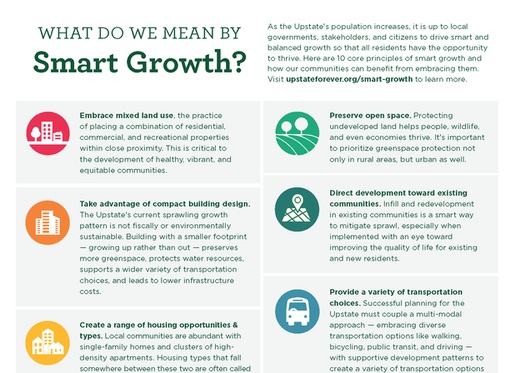 Human population continues to surge across much of the southern United States, with resulting conversion of rural landscapes and environmentally sensitive areas to more urban and industrial uses. As human population grows and more urban/suburban development occurs, we should be embracing wiser and more environmentally balanced alternatives for use of land resources and community development. Upstate Forever, a multifaceted environmental and community conservation organization based in Greenville, South Carolina, has articulated Ten Principles of Smart Growth. READ MORE or click on image. 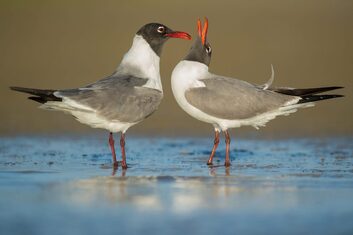 Photo by Jared Lloyd Photo by Jared Lloyd We really enjoyed the following essay, originally published in the NC Coastal Federation's Coastal Review Online. Many thanks to Coastal Review and to author Jared Lloyd, wildlife photographer and nature writer, for allowing us to reprint it here. I’m on the winter beach, wide, flat and cold. Cobalt-blue skies reign overhead. A biting wind rushes in from the northwest. It’s all so different up here on the northern Outer Banks, compared to the southern islands. The Labrador current and cold-slope waters create a dramatically different climate here, compared to those sandbars governed by the Gulf Stream. Seals will be showing up again soon enough. Mostly young harbor seals, but a few fat greys and even some harps, if we are lucky. The New England blues have already made it to town, and I can only assume stripers are in their mix. I’ve watched a parade of humpback whales migrating south past this beach for a month now already, their dark, shadowy masses drawing in birds for miles around, occasionally rolling over to lift a great wing of a fin out of the sea like a friendly neighbor waving hello, or goodbye, or maybe just flipping me the bird. <<continued...>> The following is excerpted from a National Geographic magazine essay (Sept. 2020 issue) and from Enric Sala’s book, The Nature of Nature: Why We Need the Wild (2020). (Britain’s Prince Charles and Harvard biologist E.O. Wilson furnish the book’s introductions.)
“If we degrade habitats, animals become stressed and shed more viruses. On the other hand, habitats with diverse species harbor less disease. . . . Nature controls viruses – filtering them out of the system – that we’re only now recognizing. . . . "We are all in this together, all species on the planet. So what can we do? While the world has stepped up to help those in need during the COVID-19 outbreaks, we might also start thinking about how to prevent the next zoonotic pandemic. "We have seen, again and again, that even though we don’t know what most of them do, all wild animals have important jobs that keep our biosphere running. If we’ve learned anything from our study of natural ecosystems as it applies to these recent diseases, it’s that instead of exterminating wild animals to stop the passage of disease to people, we should do the opposite: We should safeguard the natural ecosystems that are their homes and, if needed, help set them back on their path to maturity through rewilding. "If we degrade habitats, animals become stressed and shed more viruses. On the other hand, habitats with diverse microbial, plant, and animal species harbor less disease. Biodiversity dilutes any viruses that emerge and provides a natural shield that absorbs the fallout from pathogens. "Clamping down on the illegal trade of wildlife, ending deforestation, protecting intact ecosystems, educating people about the risks of consuming wildlife, changing the way we produce food, phasing out fossil fuels, and transitioning to a circular economy: these are the things we can and must do. "Even if it’s just for selfish reasons—for our own survival—now more than ever, we need the wild. A healthy natural world is our best antivirus.” |
When we see land as a community to which we belong, we may begin to use it with love and respect.... Conservation, viewed in its entirety, is the slow and laborious unfolding of a new relationship between people and land." There is in fact no distinction between the fate of the land and the fate of the people. When one is abused, the other suffers. From the PresidentSCP President Chuck Roe looked at land conservation along the route of John Muir's "Southern Trek." About ViewpointThis blog offers views of our Board and partners. We invite your viewpoint on the following questions: Archives
September 2023
Categories
All
|

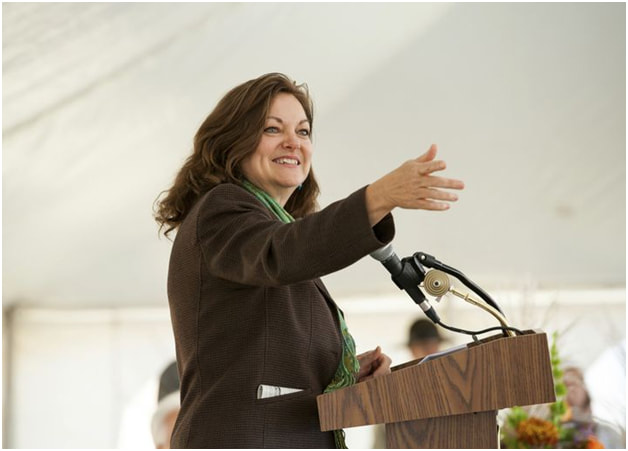
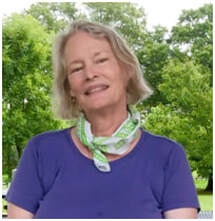
 RSS Feed
RSS Feed